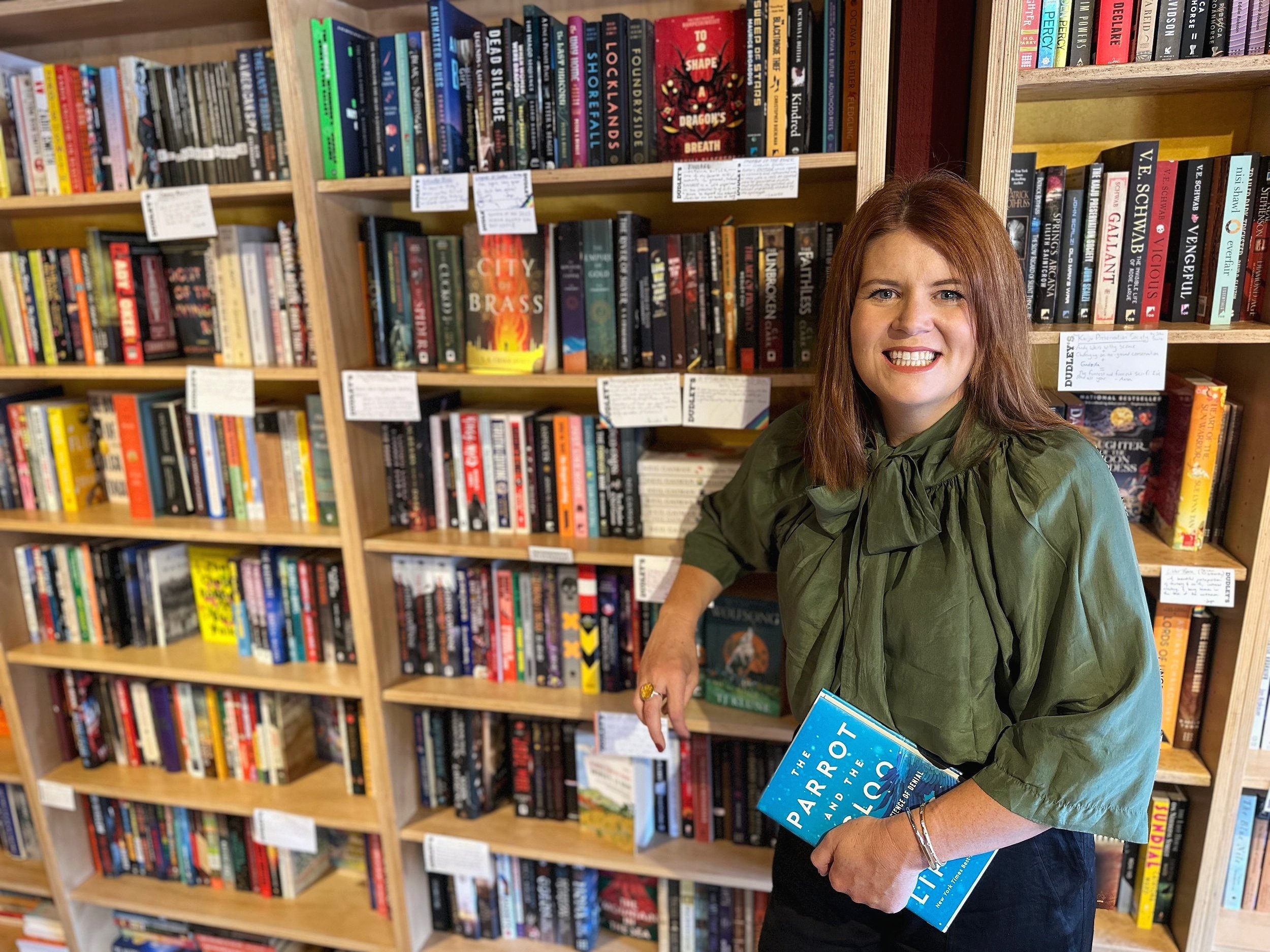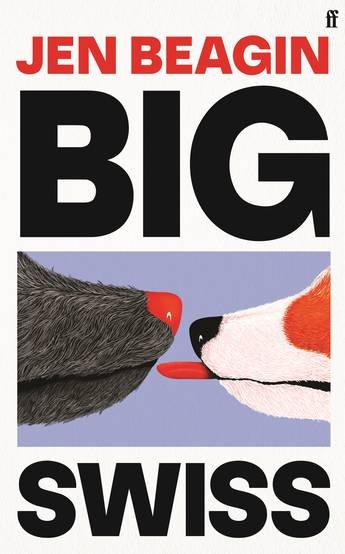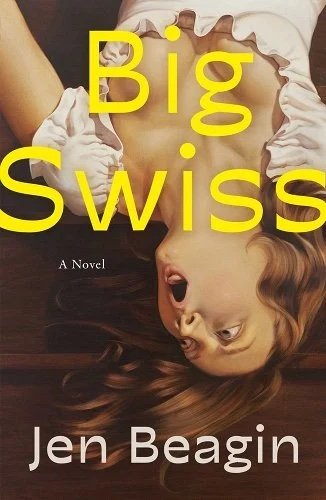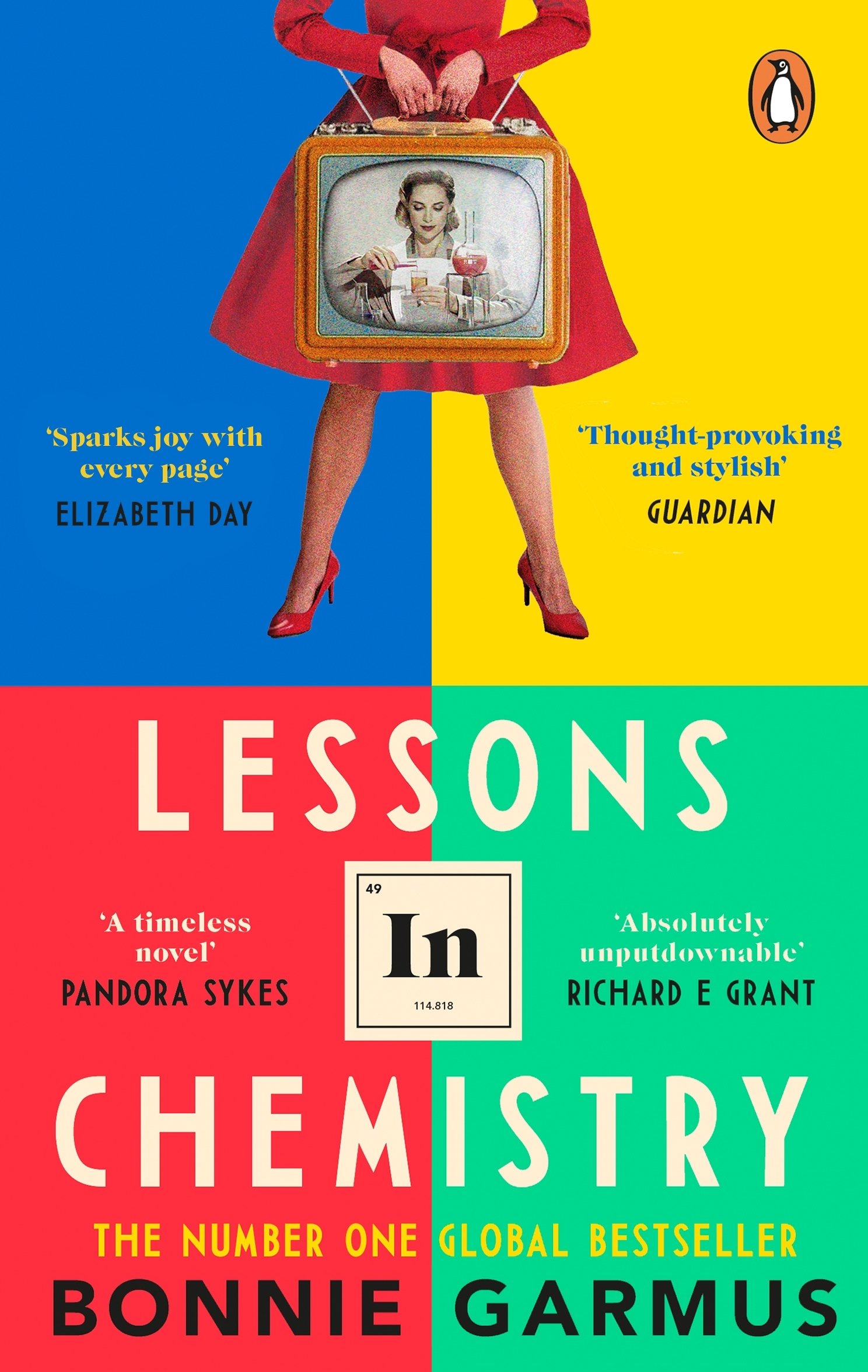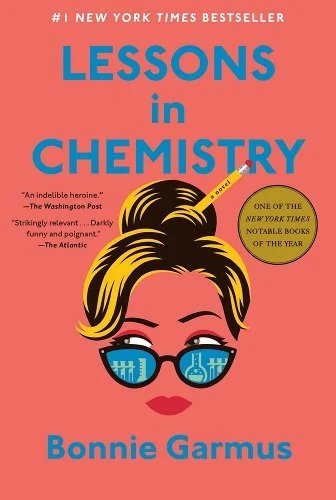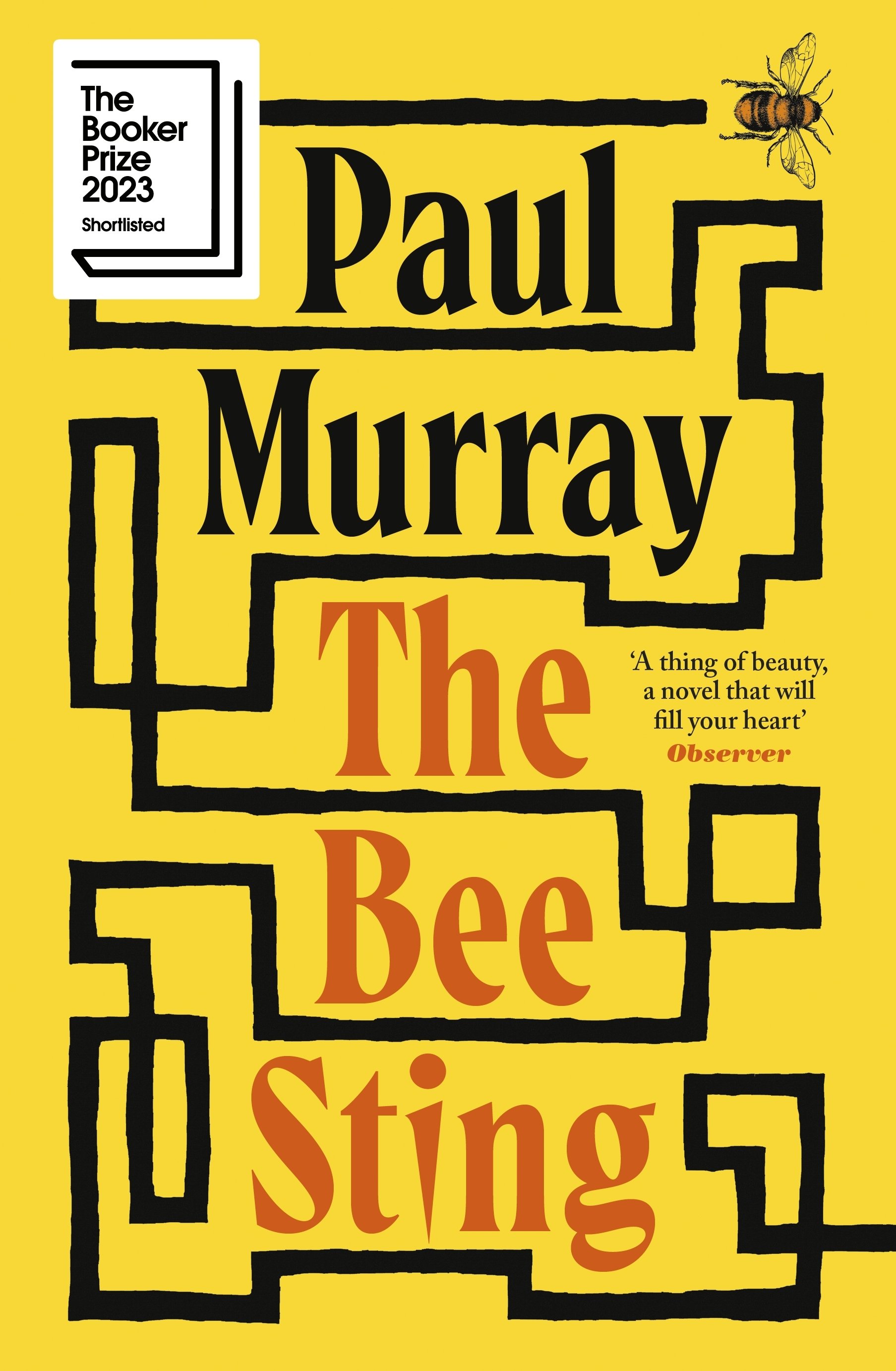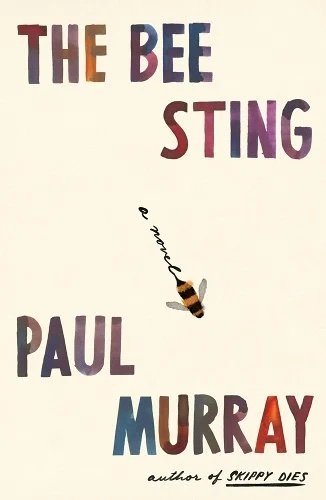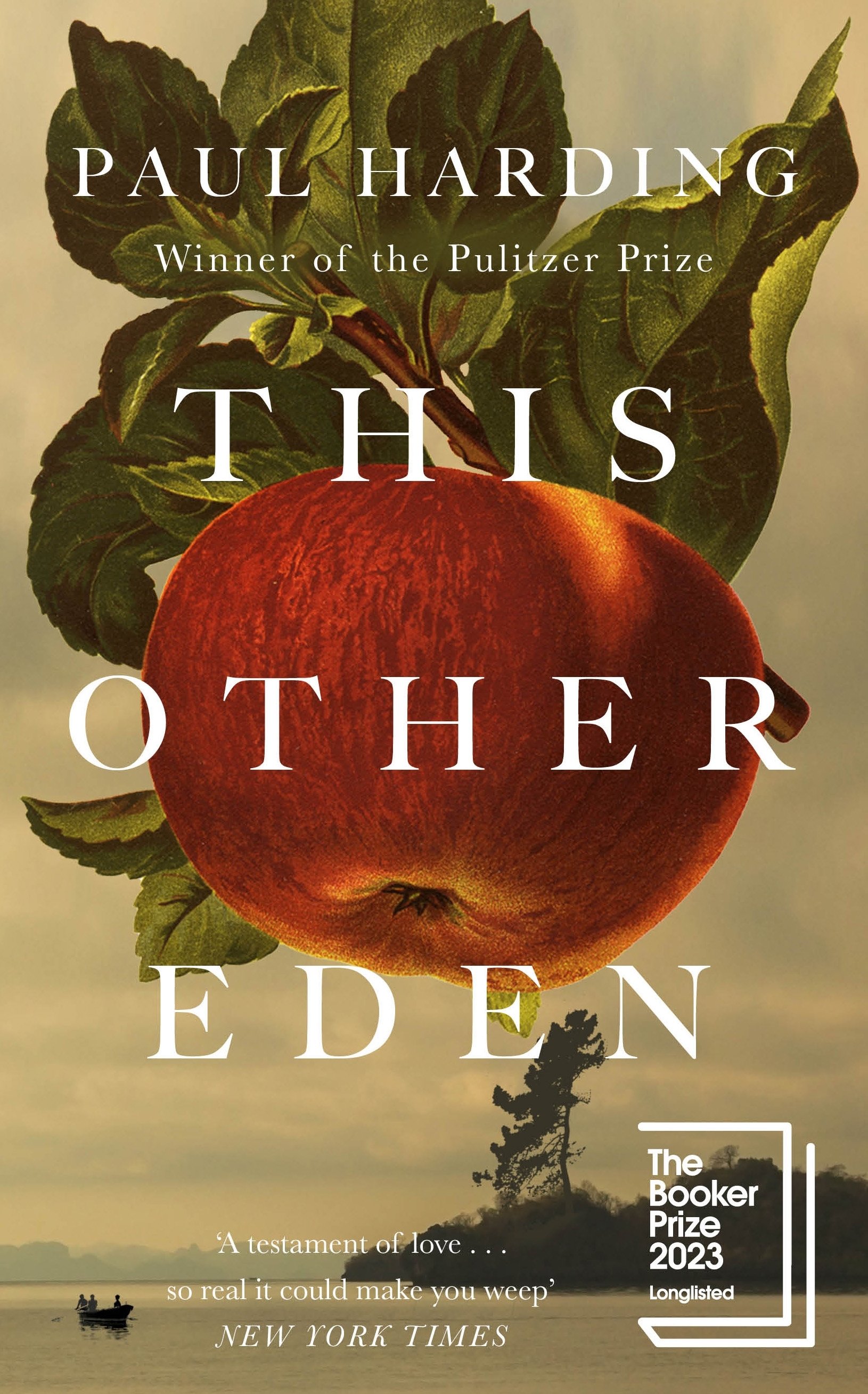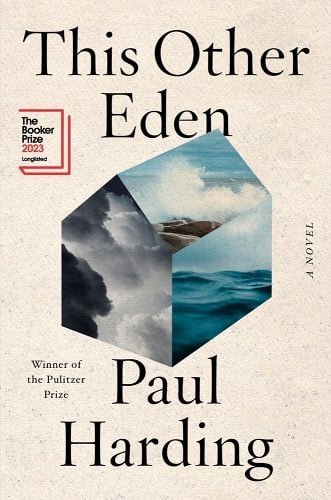Mrs Blackwell, the Bookshop Intern
The eagle-eyed have spotted a few recent Instagram posts in which I appear to be bookselling — but the background is not Mrs Blackwell's Village Bookshop.
That's because every Monday and Tuesday morning for the past three months I've been the summer intern at Dudley's Bookstore in Bend, Oregon.
Before I opened Mrs Blackwell's Village Bookshop I had not a single hour of bookstore experience, so the question has always lingered in my mind, "Am I doing this thing right?"
Knowing that Mr Blackwell and I would be spending three months stationary in Oregon, I thought it would be a good opportunity to see how a more mature bookshop in a larger market does things.
Bend is a small city in central Oregon with a population just over 100,000. To find us on a map, we're about a 3.5 hour drive south east of Portland, Oregon and we're about 8 hours north of San Francisco. We're 4000+ ft above sea level, and if I could liken it to any place in New Zealand, I'd say it's like a big version of Wanaka, with the beautiful Deschutes river, instead of a lake. It is also home to the last remaining Blockbuster store.
Adam and I been to Bend for two short trips before this, so I had the lay of the land on local bookstores and Dudleys was my #1 choice. They've been in business for 50 years and Tom (DJ Tommy Beans to his mates) is the store's 13th owner. The store is co-run by Tom and Amy Rose, and before we left last winter, I wrote practically begging them to let me come and volunteer for the summer. Being the astute business operators that they are, they agreed that even with the funny accent and total inability to estimate anything in pounds or Fahrenheit, it was worth having an extra bookseller around during the busy summer months.
Dudley's Bookshop has two stories located right in the heart of downtown Bend. We have all new books and a cafe downstairs, and a mix of new and secondhand books upstairs as well as a bunch of tables so people can sit and read or do work on their laptops. The last time I worked in a cafe (it was the early 2000s), latte bowls were at the height of popularity and the requests for customisation extended only as far as trim milk and cinnamon. So it has taken me most of the last three months just to get the hang of all the customisation in the cafe — alternative milks, extra shots, flavour syrups and whether any drink will be served hot or iced! But having the cafe in the bookshop definitely adds a lovely, social side to the shop.
Aside from the cafe, here are a few observations and comparisons from my time being a bookshop intern in the U.S.A.:
The very photogenic staircase at Dudley’s Bookshop Cafe.
The Ingram Effect
Ok, I promise to limit the bookseller specific chat to just one thing — but I think this is an interesting insight for Kiwi book buyers as well as book sellers.
Like us, U.S. bookstores generally order their books directly from the publishers. This provides the biggest retail margin and a typical order takes between 4–10 days to be delivered to the store from the publisher. To most Kiwi booksellers this will already sounding pretty flash! We typically wait 3–4 weeks for books from the major publishers which are delivered to us from Australia.
But in addition to the publishers, U.S. stores also have access to a huge distributor called Ingram. They have warehouses all over the country, but their two biggest warehouses are in Tennessee and here in Oregon. It's not in Bend, but it's as good as being just down the road. Stores can log in this magical system and see exactly how many units are on hand at each warehouse. This means we can confirm and place a customer special order on the spot, and with the warehouse being so dang close, it's not unusual for us to have customers’ books THE NEXT DAY!
While this sort of convenience is not really a business advantage when all of your competitors have access to the same system, these timeframes definitely gives indie brick and mortar bookshops a chance to compete with online only competitors.
Celebrity Book Clubs
Celebrity book clubs definitely influence sales trends in the US in a way I don't see so directly at home. At Dudley’s, Reese's Book Club is the most impactful, but Oprah's book club and the GMA* book club also move units. Given these clubs do have an impact on booktok and bookstagram trends, ultimately they do have a flow on effect to the NZ market over time.
*GMA is a breakfast info-tainment show.
Fantasy and Science Fiction Titles
Dudley's, like Mrs Blackwell's Village Bookshop, has a really full range including a little bit of something for almost everyone. A big difference though between our stores is that Tom and most of the team are science fiction and fantasy fans. Because this area is a knowledge gap for me it was one of the reasons I was interested to work at the store and learn more about the genre.
Honestly, I can't say I learned a lot about these genres by reading — I was so distracted by big literary fiction releases, and more on that soon — that I just didn't get to read any fantasy. But observing customer buying patterns and listening to my colleagues hand-sell from these areas really taught me a lot. The biggest title this summer is called Fourth Wing, and series* by Sarah J. Maas were also popular, so they'll be making an appearance in Greytown soon.
Historically, it's been known in the bookselling industry that fiction is a better seller when times are good, and nonfiction when times are hard and readers are trying to make sense of the world. But since the pandemic this seems to have shifted for many booksellers and readers. At Dudley's they attribute this to the rising interest in fantasy as a needed escape from the 24-hour news cycle and doom scrolling. The genre also accounts for about 20% of all the store sales, so for me, this theory is not to be overlooked.
Hardcover vs Paperback
You might not have thought much about this — I certainly didn’t prior to being a bookseller — but you may now notice that books in hardcover are somewhat rare in NZ bookstores, in a way they are not in the U.S.
As booksellers we can get them into stock, but at a retail price of $60 or more, most hardcovers are a tough sell. (If you're interested, the reason why is that we don't have the printing technology in Australia or New Zealand to make them affordable so they almost always come as special orders from offshore).
Now, everything about cost is relative — my everyday litmus test is the price of coffee, and here a standard cup of espresso will run you $4.50 or $5 just like home — but a hardcover fiction book will only cost you $28–$30.
To me this price is splendid — especially when I factor in that many of the new releases come to us as signed first editions! — but to many U.S. book buyers this is the top end of their tolerance.
Bend is also a popular visitor town in summer, so that likely feeds into customer preference for paperback too. But for me, this relatively affordable access to hardcovers is one big advantage for hardcover-loving readers in the U.S. over New Zealand.
Speaking of covers.
Cover design can be remarkably different in each country.
This usually happens because the publisher in one country is not the same publisher in the other - even if they are very large publishers like Penguin Random House or Harper Collins. Why and how that happens is a depth of the publishing industry I do not yet understand - but each publisher’s marketing team makes independent decisions about the cover design they think will best suit the tastes in their own market.
Here are four that really stood out to me for being so fundamentally different. The cover on the right is the U.S design and the cover on the left is the N.Z. jacket design:
Being the Boss
I haven't had a boss for almost 15 years and like most self-employed people I've wondered if I was even employable anymore! Granted, I was a volunteer, and had Amy and Tom had to pay me it might have been a different story, but what I really enjoyed was the ability to fully focus on the customers, the books, and being the best teammate that I could — instead of having 500 other things running around in my mind when I'm in the shop!
I also got a good reminder of what it's like to have a boss, to not be responsible for every single decision, but likewise, to not be able to barrel ahead and make any decision. And I hope I'll take some of Tom and Amy's good boss habits away with me: Amy is especially good at managing others and they both are skilled at connecting with customers.
I feel I’ve gotten a great deal of insight and perspective from my months as a U.S. bookseller. I won’t be sharing any trade secrets here, but I’ll definitely be bringing some of them home to be implemented in Greytown.
Thanks again to Tom, Amy and all the crew at Dudleys!
* Editor's Jeopardy Fact: There is no plural of “series”, it’s known as a “zero plural”: words that are used only in the singular form, even when they are used in a plural context.


